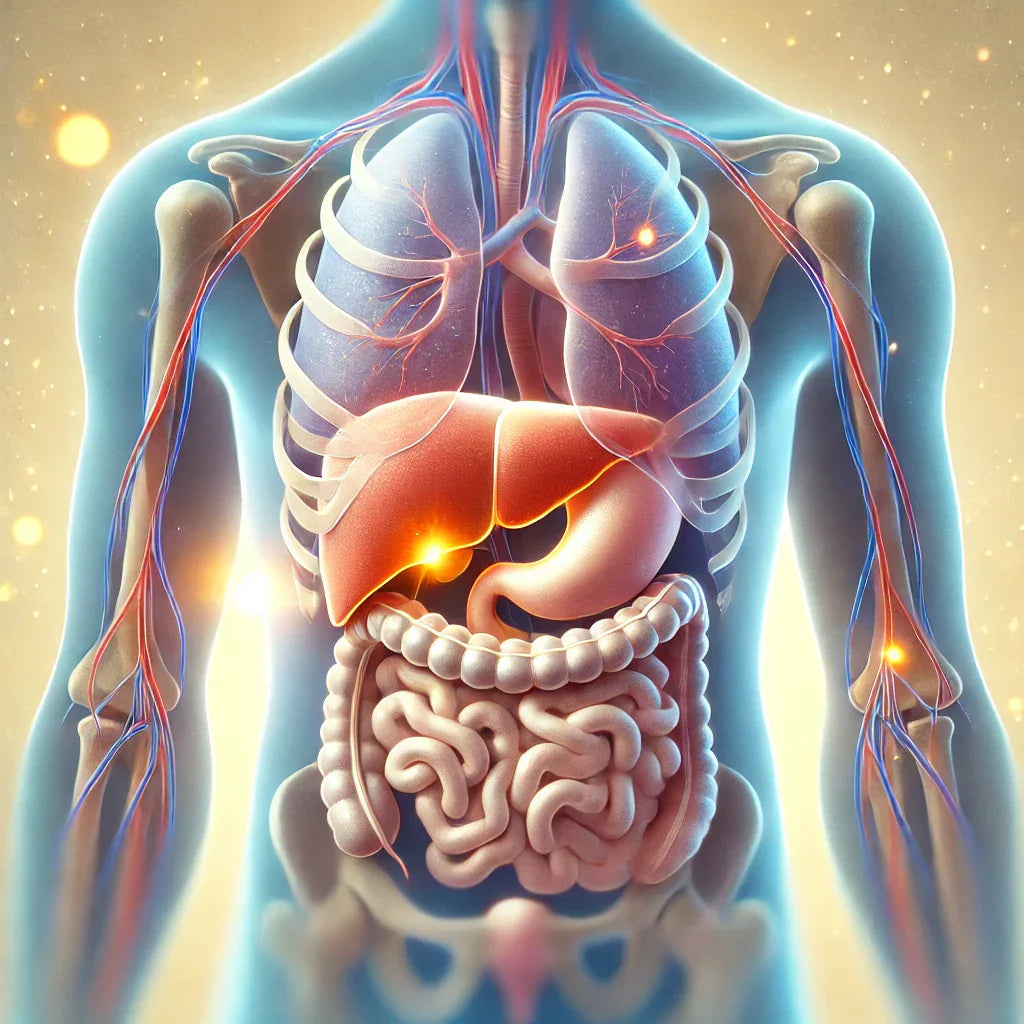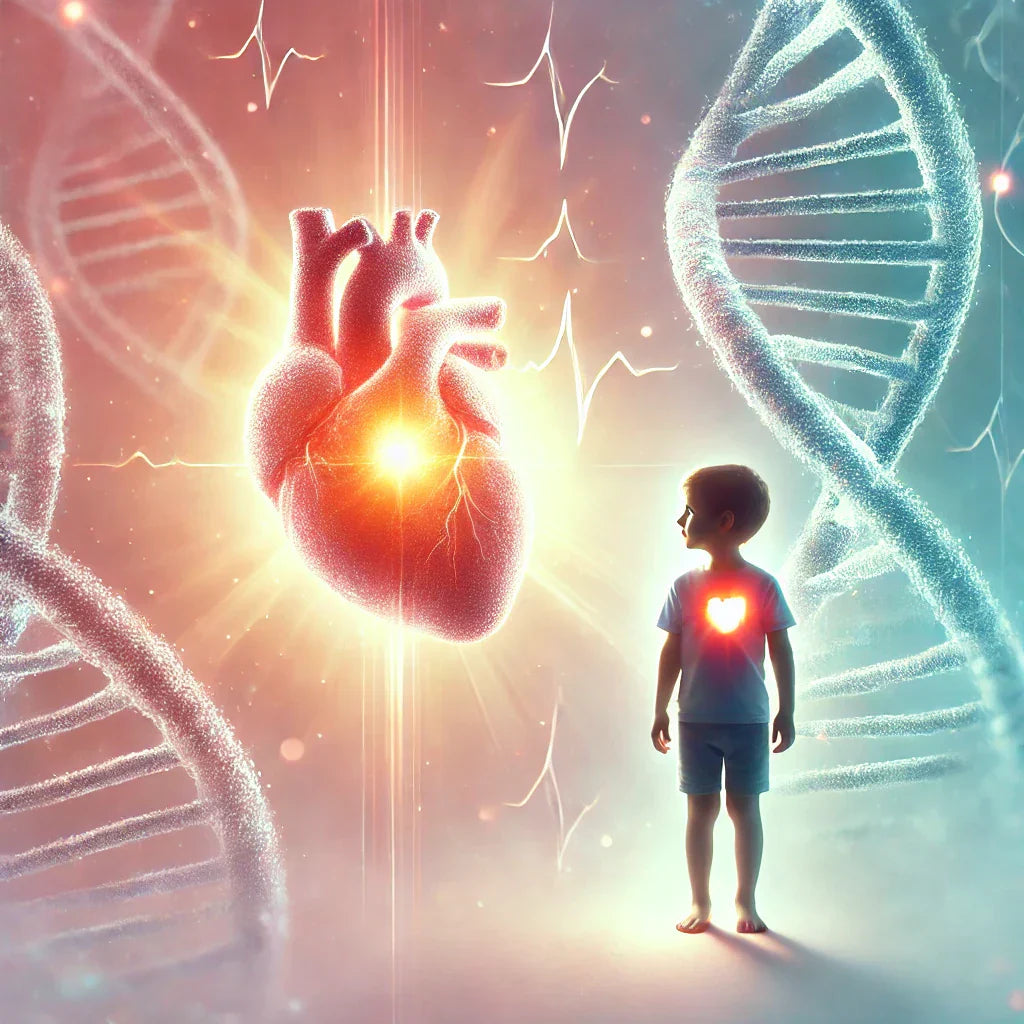News — rare genetic disorders
Gaucher’s Disease Explained: Symptoms, Treatment & Daily Support
bone pain enlarged spleen enzyme replacement therapy Gaucher community Gaucher research Gaucher symptoms Gaucher treatment Gaucher's disease GBA gene mutation genetic counseling glucocerebrosidase deficiency inherited diseases lysosomal storage disease neuronopathic Gaucher pediatric Gaucher rare genetic disorders SRT therapy support for rare diseases Type 1 Gaucher Type 3 Gaucher
Gaucher’s disease may be rare, but for those who live with it, its impact is anything but small. As one of the most common lysosomal storage disorders, this inherited condition disrupts how the body breaks down and recycles certain fats, leading to a range of symptoms that affect the liver, spleen, bones, and even the nervous system. Although not widely known, Gaucher’s disease is treatable—especially when diagnosed early and managed by specialists familiar with its nuances.
In this guide, we take a close look at the symptoms, causes, and types of Gaucher’s disease, as well as the latest in treatment options, genetic testing, and support resources. Whether you or a loved one has been diagnosed, or you're seeking to understand the condition better, this article offers clear answers, compassionate insight, and empowering direction.
Living with Progeria: Daily Challenges, Support, and New Research Insights
accelerated aging childhood progeria emotional challenges gene therapy Hutchinson-Gilford Progeria Syndrome inspiring progeria stories living with progeria LMNA mutation lonafarnib medical breakthroughs progeria progeria advocacy progeria awareness progeria clinical trials progeria diagnosis progeria symptoms progeria treatment rare disease research rare genetic disorders support for rare diseases
Progeria, also known as Hutchinson-Gilford Progeria Syndrome (HGPS), is one of the rarest and most heart-wrenching genetic conditions in the world. Affecting approximately 1 in 20 million people globally, this accelerated aging disorder dramatically impacts the lives of those diagnosed—most often during early childhood. Despite the grim nature of its symptoms, individuals with progeria demonstrate remarkable resilience, determination, and spirit.
Though medical science has made significant strides in understanding progeria, challenges in treatment and care remain. This article explores what it’s truly like to live with progeria—from the daily physical and emotional obstacles to the most recent advancements in research and support networks available for families. If you're seeking a deeper understanding of this condition and hope for the future, you’re in the right place.
Understanding McCune-Albright Syndrome: The Connection to Fibrous Dysplasia
bone health endocrine disorders fibrous dysplasia fibrous dysplasia management health and wellness MAS symptoms MAS treatment McCune-Albright support McCune-Albright Syndrome rare genetic disorders
McCune-Albright Syndrome (MAS) is a rare genetic disorder characterized by a triad of symptoms: fibrous dysplasia of the bone, café-au-lait skin pigmentation, and endocrine abnormalities. This complex condition is caused by a mutation in the GNAS gene, leading to overactive cellular signaling.
This article focuses on the relationship between MAS and fibrous dysplasia, highlighting its symptoms, diagnostic methods, treatment options, and strategies for living with the condition.



